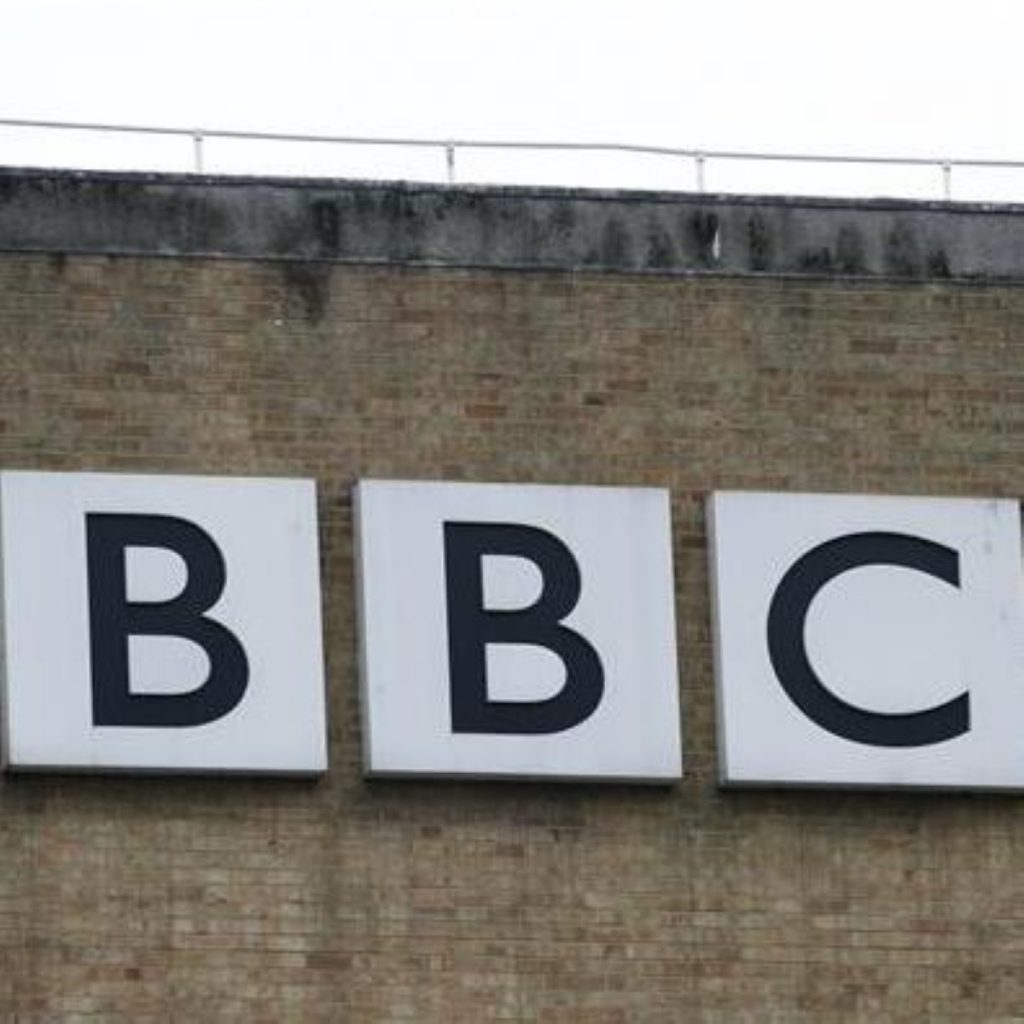Ministers allowed ‘too much influence’ over BBC
Ministers were allowed too much influence in the appointment of Sir Michael Lyons as BBC chairman, a parliamentary committee has said.
The House of Lords communications committee said ministers were allowed to interfere in the selection process and in future the government’s involvement should be limited.
The selection of Sir Michael as chairman of the BBC Trust afforded ministers “considerable opportunity” to influence choice, the Lords said.
“Ministers appointed the selection panel, ministers were allowed to change the shortlist of candidates and ultimately ministers were able to choose between the four candidates who passed the interview process,” the report said.


At the time Sir Michael’s selection was hit by claims of cronyism due to his connection to then chancellor Gordon Brown.
The government maintained, however, that Sir Michael’s appointment observed strict guidelines to ensure fairness.
The criticism is the latest negative press to hit the corporation, which was accused of editorial failings over the phone-in scandal.
Sir Michael was appointed after former BBC chairman Michael Grade resigned to move to ITV.
The Department for Culture Media and Sport (DCMS) hired head hunters to find potential replacements and appointed a selection panel, headed by civil servant Andrew Ramsey, which selected a shortlist of four.
Ministers requested a fifth name be added to the list and the panel interviewed the candidates and recommended four to ministers, who appointed Sir Michael.
Union bosses questioned Sir Michael’s appointment at the time, pointing out the former market trader and council chief executive had little broadcasting experience.
Critics suggested Sir Michael was offered the role as a consolation prize after the government sidelined his council tax review.
Sir Michael said at the time he would perform his duties with “absolute independence and impartiality”.
The Lords committee said today the process gave minister “considerable power” over the appointment. While they stressed they were not questioning Sir Michael’s ability to do the job, they did raise concerns over the manner of his appointment.
It argued the appointment of a new chairman should in future be subjected to a pre-appointment parliamentary hearing. The Lords also recommended a six-month notice period to allow more time for recruiting a replacement.
The DMCS said the process had “followed strict guidelines set by the Commissioner for Public Appointments.
“The selection panel was put together by DCMS officials and the appointment was made on merit after a fair, open and transparent process,” a spokesman said.
The Liberal Democrats claimed the report highlighted the failures of BBC reform in the wake of the Hutton Inquiry.
Media spokesman Don Foster said: “There is now real confusion as to who ensures the BBC remains independent from political interference and who is representing the interests of the licence fee payer.
“The fact that Michael Grade was able to leave at a moment’s notice to ITV, a main competitor, left the BBC without leadership at a vital time in its history and raises very serious concerns about a possible conflict of interest. The government must take note of the committee’s recommendations if we are to prevent this from happening again.”









